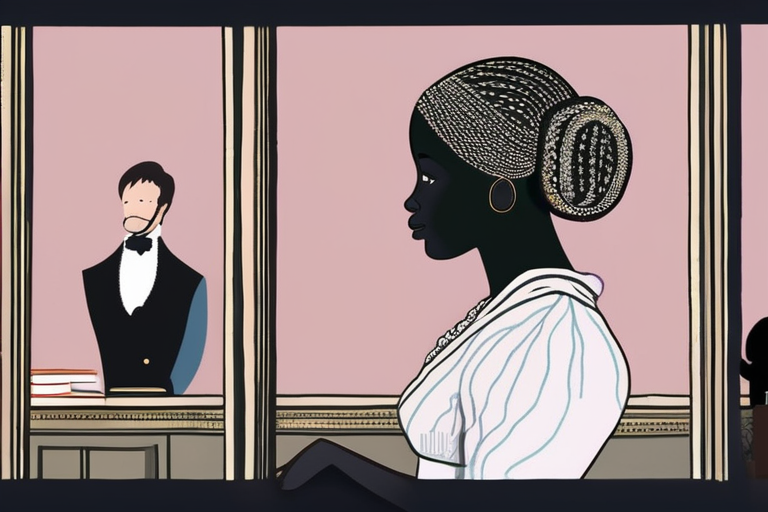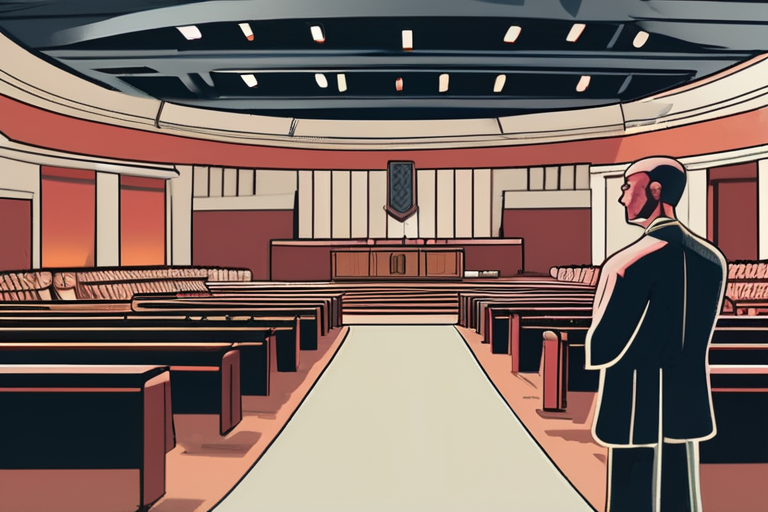Jane Austen's Mansfield Park Sparks Debate Over Slavery Legacy


Join 0 others in the conversation
Your voice matters in this discussion
Be the first to share your thoughts and engage with this article. Your perspective matters!
Discover articles from our community

 Hoppi
Hoppi

 Hoppi
Hoppi

 Hoppi
Hoppi

 Hoppi
Hoppi

 Hoppi
Hoppi

 Hoppi
Hoppi

Tesla Challenges $243 Million Verdict in Autopilot Death Trial In a recent court filing, Tesla has asked a judge to …

Hoppi

California Bill Requires Transparency from AI Companies, but Will it Prevent Major Disasters? On Saturday morning, the California State Assembly …

Hoppi

Gaza Ceasefire Talks Begin in Egypt Amid Growing Concern Over Humanitarian Crisis Key peace talks between Hamas and Israel began …

Hoppi

New Zealand Turns to Backyard Trappers to Save Rare Birds In a unique conservation effort, New Zealand is relying on …

Hoppi

Israel committing genocide in Gaza, world's leading experts sayEmir NaderBBC News, JerusalemReutersThe genocide scholars cited, among other elements, Israel's attacks …

Hoppi

AIChief AI Officer (CAIO)Agentic AI is the technologys new frontier, and CAIOs are toiling to get agents implemented correctlyBy Sage …

Hoppi